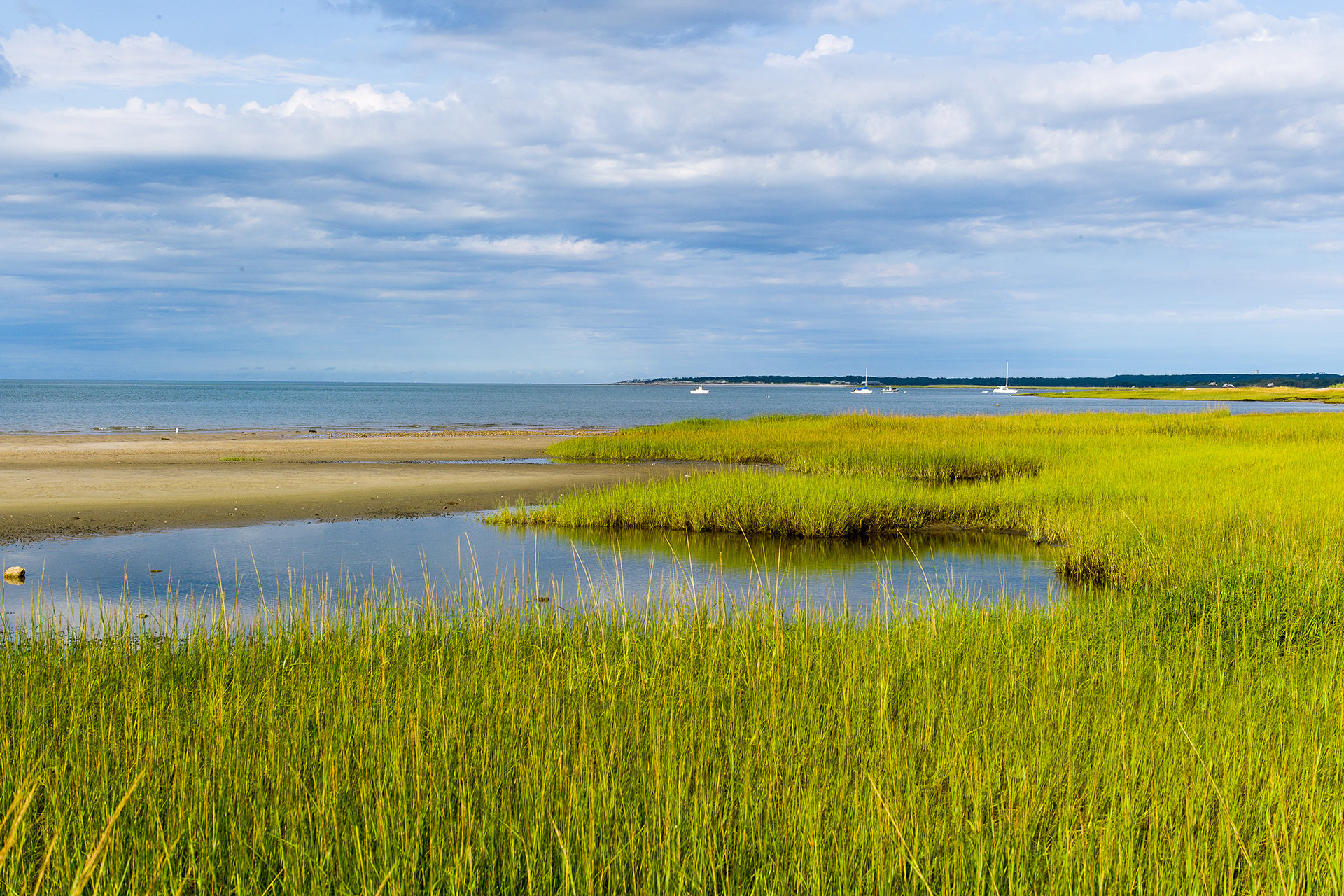For a Third Year, Spadefoot Toads are Breeding at Ashumet Holly
May 22, 2023
Our more than 10-year effort to re-establish a population of threatened Eastern Spadefoot Toads at the Ashumet Holly Wildlife Sanctuary in Falmouth continues to show progress. But this year, we’re also reminded of how many things have to go right for the toads to reproduce successfully.
Thanks to a rainy period at the end of April and again in late May, our spadefoot team documented breeding activity on two separate dates in three vernal pools created at Ashumet Holly to attract the toads. Viable eggs were found in two of the three pools and our team continued to monitor the water level, especially given how dry the month of May has been. Another first for the project occurred this year, which was the presence of breeding in two pools on the same night.
Waiting for the Right Conditions
Ian says while it’s clear Ashumet Holly now has a breeding population of spadefoots, it faces all of the challenges the species experiences every year. “We know to date we have probably 200-250 adult toads out there, but they only breed under a perfect confluence of circumstances, including adequate numbers of breeding adults, precipitation amount and breeding pool water depth. If they don’t find conditions just right, they forgo breeding until those conditions exist.”
The good news is that spadefoots don’t just breed in the spring. “If there’s a big rain event in the summer, and other conditions fall into place, they can still breed,” Ian notes. So, the spadefoot team will be watching the forecast in the weeks ahead and hoping for more egg-laying as the season progresses.
Stay Connected
Don't miss a beat on all the ways you can get outdoors, celebrate nature, and get involved.



